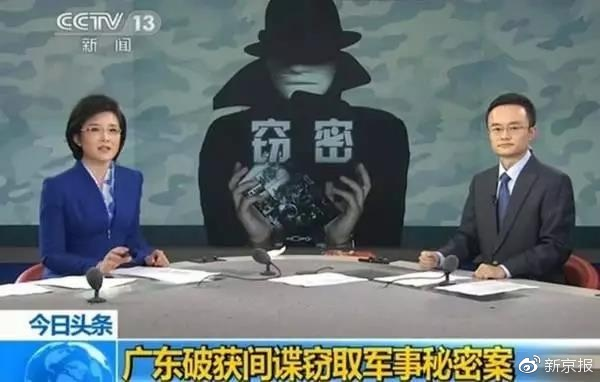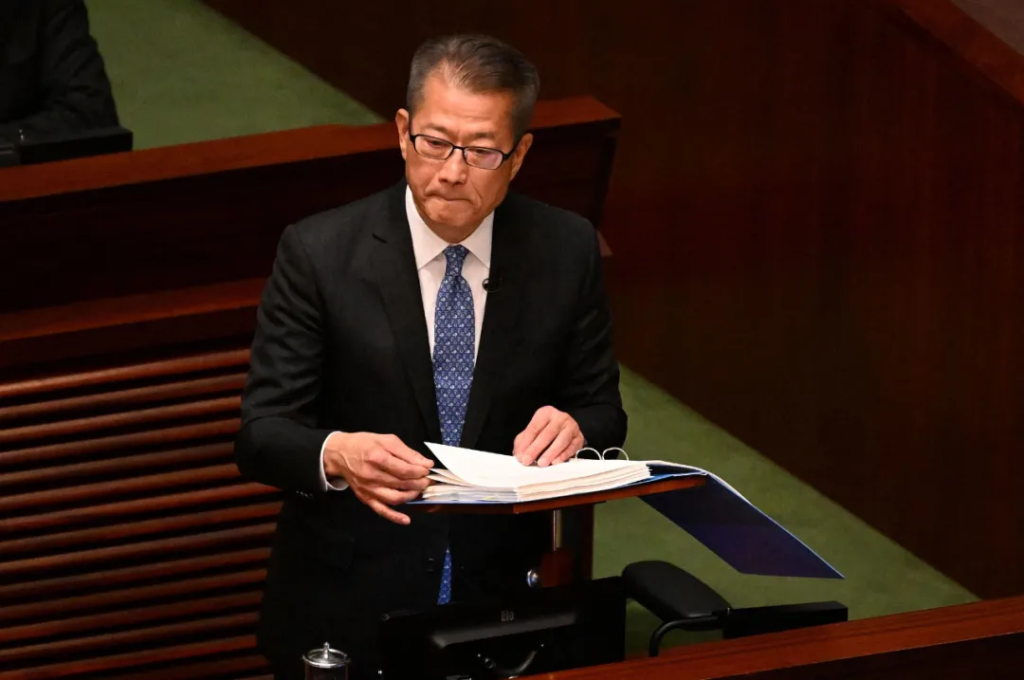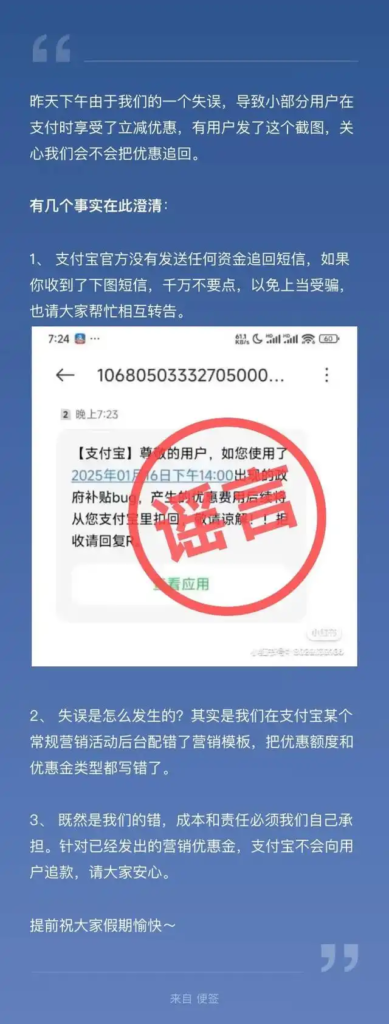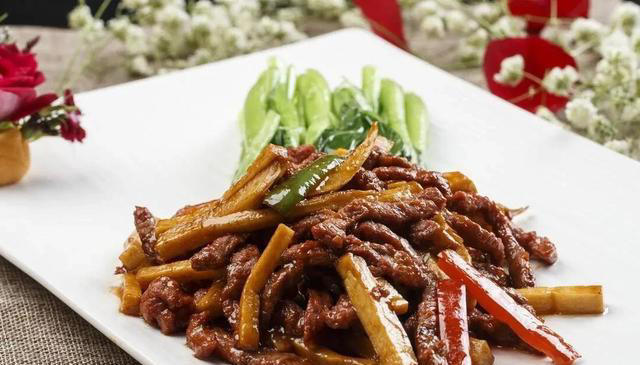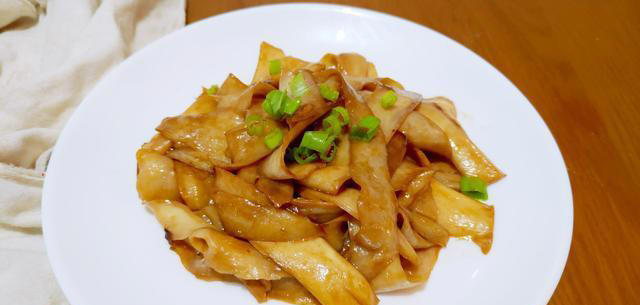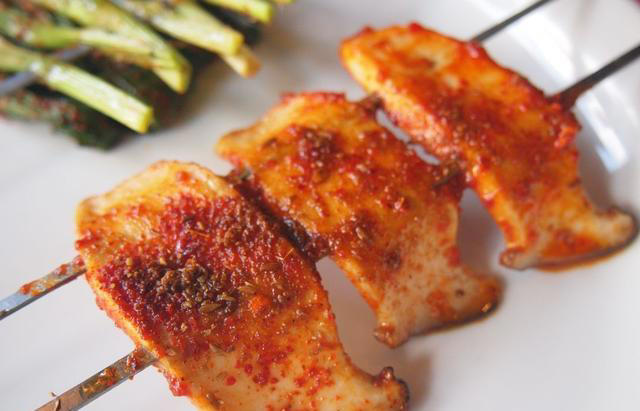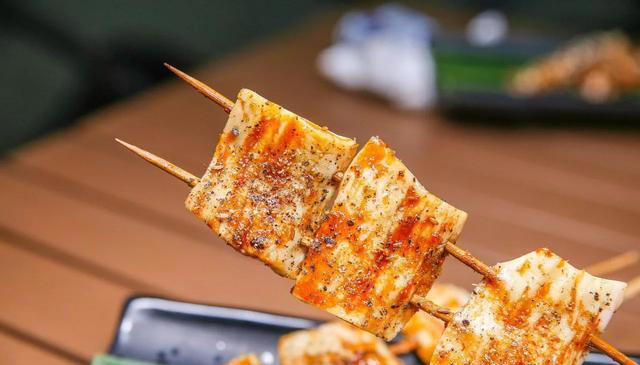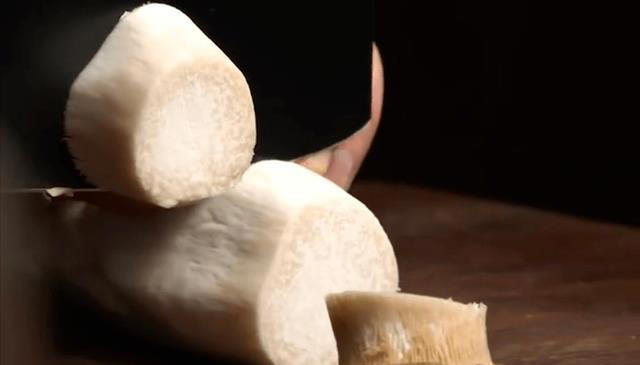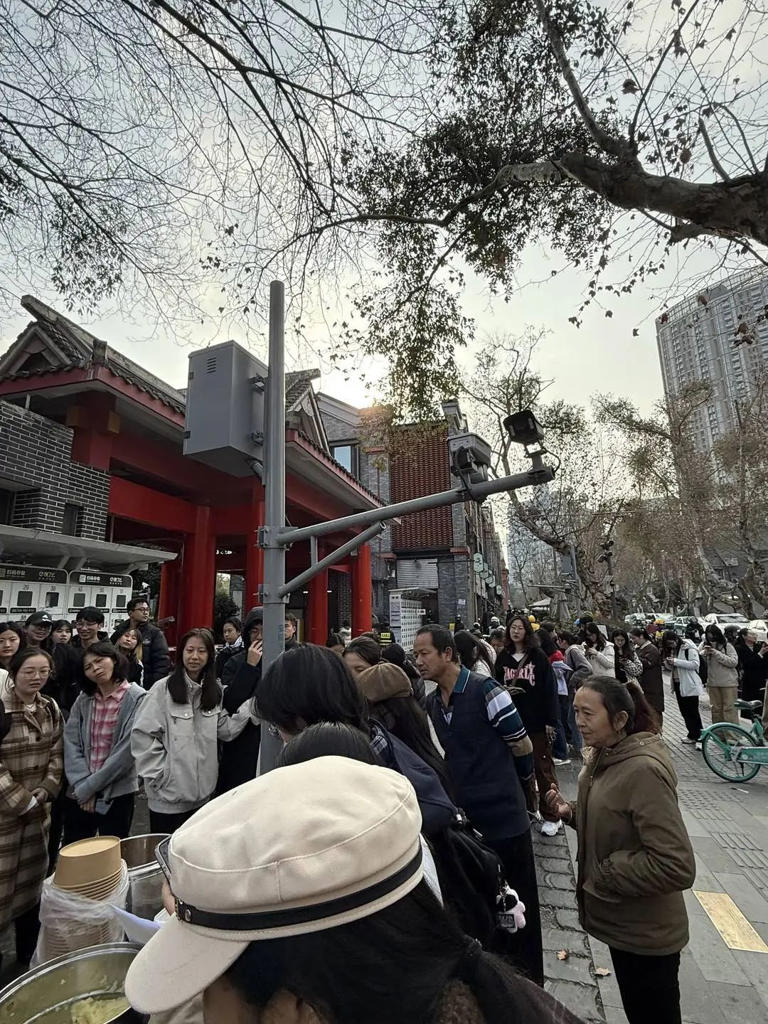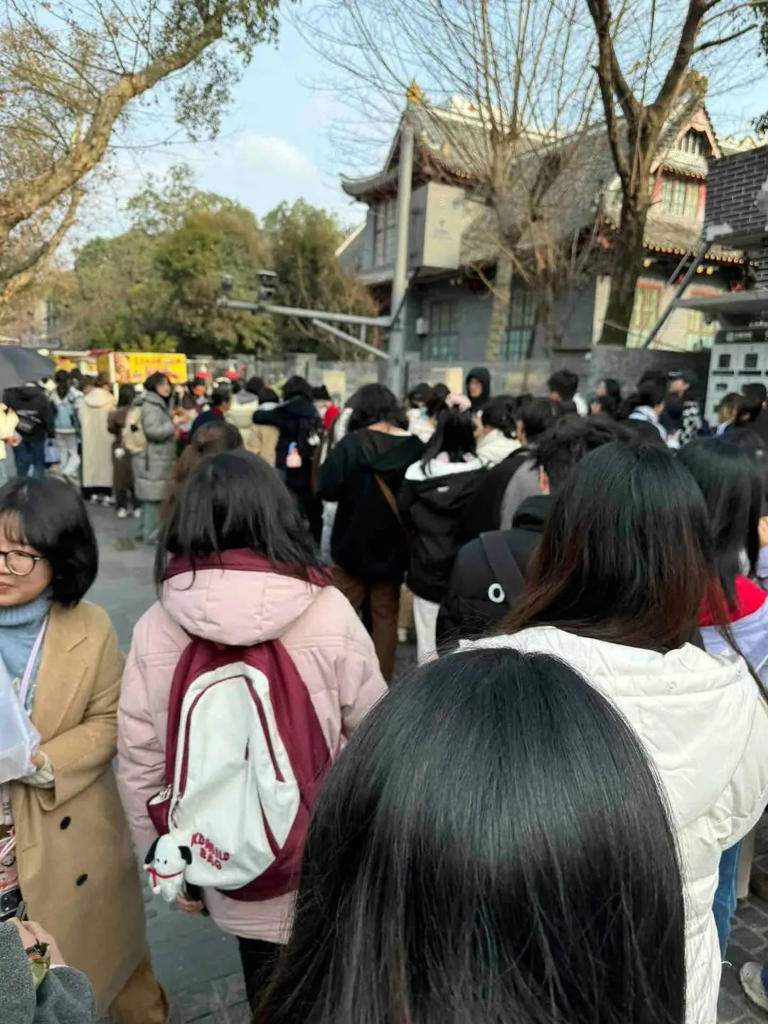U.S. President Donald Trump signed a new executive order on Friday that will continue to allow packages of low-cost products from China to enter the United States tariff-free for the time being.
The latest executive order temporarily overturns some of the provisions of his decision to impose tariffs on China last Saturday (Feb. 1). On February 1, local time, U.S. President Donald Trump signed an executive order to impose 10% tariffs on goods imported from China. At the time, the executive order also eliminated “de minimum” tariff exclusions for small packages worth less than $800 in China.

According to a new executive order announced by the White House on Friday, “minimum” tariff exemptions for goods from China will remain in place until the Commerce Department “establishes adequate systems to fully and expeditiously process and collect tariff revenues.”
Timothy Brightbill, a trade lawyer at Wiley Rein, said, “The executive order appears to recognize that, at least for now, the U.S. has not yet put in place the necessary system to impose tariffs on the large and growing number of low-value goods imported from China each year.”
It is worth noting that on February 4, the United States Postal Service (USPS) announced that it would suspend the receipt of packages sent from Chinese mainland and Hong Kong until further notice. The USPS statement said letters and plain copies are not included in the suspension.
However, on the morning of February 5, local time, USPS announced on its official website that it would resume receiving all international inbound mail and packages from Chinese mainland and Hong Kong, China.
The U.S. duty-free measures for imports under $800 have also fueled the rapid growth of e-commerce companies such as Shein and Temu, which ship millions of small packages to the U.S. every day.
In the 30s of the 20th century, the U.S. Congress set up an exemption for small parcels to reduce the hassle of American tourists bringing souvenirs home from abroad. In 2016, the U.S. Congress amended Section 321 of the Tariff Act of 1930 to raise the minimum amount of the small tax exemption from $200 to $800.
Since then, the number of packages entering the U.S. under “small exemptions” has increased rapidly, from about 140 million a decade ago to more than 1 billion last year. But in recent years, its use has come under increasing scrutiny. Last September, the Biden administration took steps to curb the excessive use and abuse of “de minimum” provisions.
In response to the tightening “de minimum” clauses in the United States, Temu has previously responded that the company has denied that its growth relies on “de minimum” clauses. Shein’s latest response said import compliance was a “top priority” and that the company supported U.S. efforts to reform the “de minimum” provisions.
And with the end of the waiver of the “de minimum” clause, Temu and Shein are also looking to other strategies. For example, since last year, Temu has begun attracting Chinese sellers with inventory in U.S. warehouses to its website to ship packages from U.S. to U.S. shoppers. Shein has also opened a distribution center and supply chain center in the United States.
According to CCTV, CNN reported on February 2 that Trump’s tariff policy is a $1.4 trillion “gamble”. Tariffs are Trump’s favorite “economic weapon.” Trump signed an executive order on the 1st, announcing tariffs on imports worth about $1.4 trillion, more than three times the value of the goods subject to tariffs during Trump’s first term. The report quoted analysts as saying that “this is a huge gamble” and that it concerns two things that American voters are most concerned about: the economy and the cost of living. Analysts point out that Trump’s new tariffs could pose significant risks, such as slowing the economy, rising inflation, triggering stock market volatility, and stifling jobs in a “trade war.” The report pointed out that imposing such high tariffs on such a wide range of goods is a risky strategy. Brusueras, chief economist at Roschenmei International Accounting Firm, said that “the US government is playing with fire”.

 Entering China
Entering China


